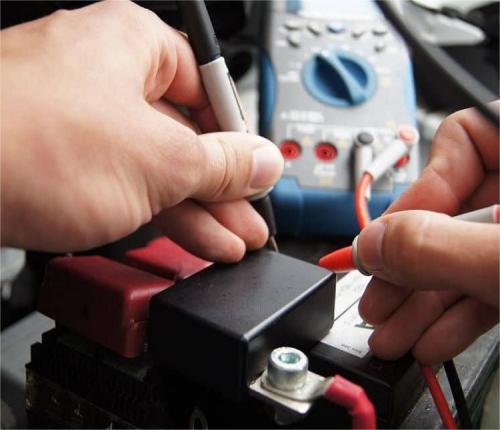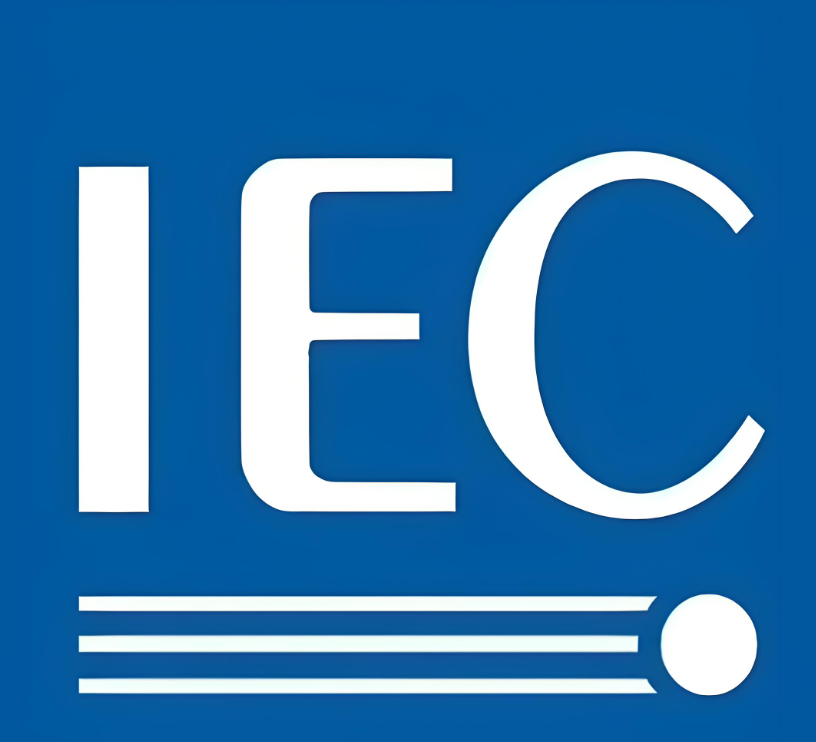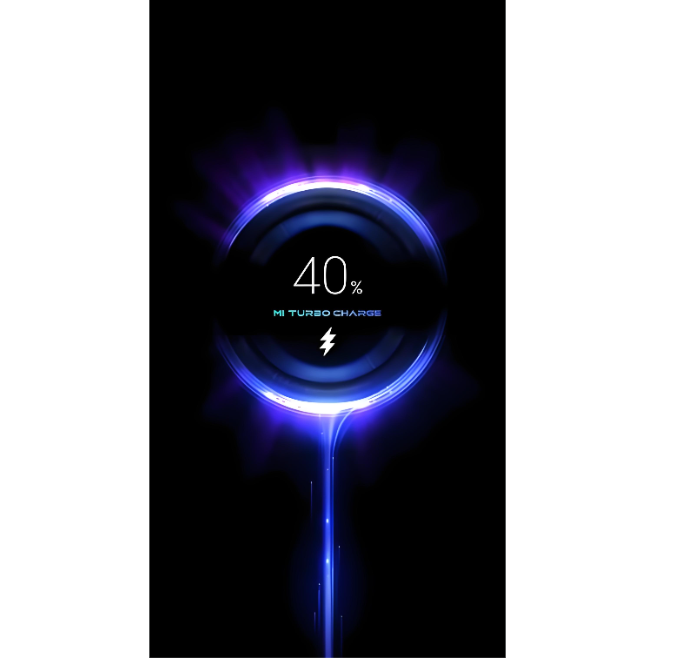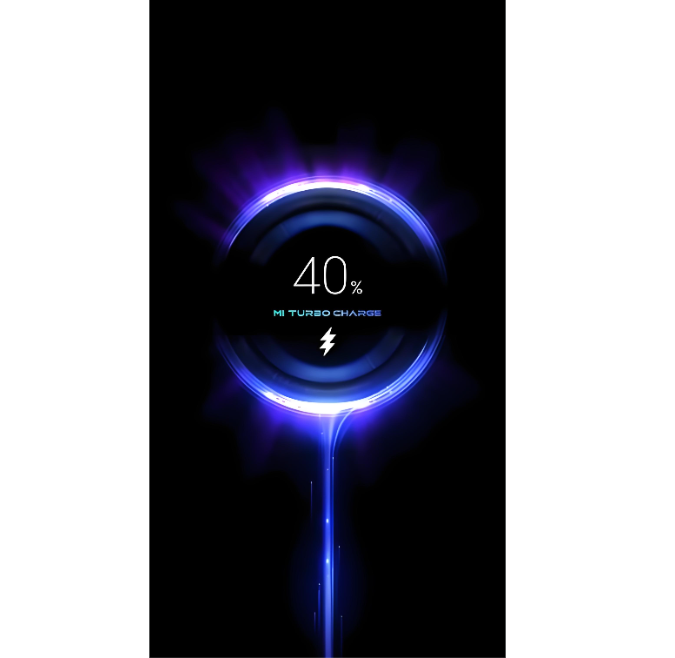Lithium-Ion Battery Care Guide
As the global shipping industry faces increasing pressure to reduce its environmental impact, the electrification of ships has emerged as one of the most promising solutions. This trend is not only reshaping how vessels are powered but is also driving significant technological advancements and regulatory changes aimed at achieving carbon neutrality in the maritime sector.
A Sustainable Future for Shipping
Shipping is responsible for nearly 3% of global carbon dioxide (CO2) emissions, making it a key focus area in the fight against climate change. As part of the International Maritime Organization’s (IMO) commitment to reducing greenhouse gas emissions by 50% by 2050, the electrification of ships is being positioned as a critical strategy to reduce the reliance on fossil fuels.
Electrification offers numerous benefits over conventional marine power sources, such as diesel engines. By shifting to electric or hybrid propulsion systems, ships can reduce emissions, improve fuel efficiency, and lower operating costs. With advanced battery technologies and innovative charging infrastructure, electric vessels are becoming increasingly viable for both short-haul and long-haul maritime operations.
Technological Advancements in Battery Systems
The heart of the electrification trend lies in advancements in battery technologies, particularly lithium-ion batteries, which have seen significant improvements in energy density, lifespan, and safety. Companies like Weifang Lishen Power Battery Co., Ltd. are at the forefront of developing and producing high-capacity lithium batteries specifically designed for marine applications.
Lithium-ion batteries offer an attractive alternative to traditional marine fuel sources due to their high efficiency and lower environmental impact. These batteries can store large amounts of energy, allowing vessels to operate for extended periods without the need for refueling. Furthermore, ongoing research and development in solid-state batteries and other next-generation technologies promise even greater energy densities and performance.
Hybrid Solutions for Maritime Operations
While fully electric ships are becoming a reality, hybrid propulsion systems—combining traditional fuel engines with electric batteries—are also gaining traction. These hybrid systems offer greater flexibility and reliability, especially for larger vessels operating in international waters. By utilizing electric power for short-range operations and switching to conventional fuel for longer voyages, hybrid vessels can reduce their overall emissions and energy consumption.
The hybrid approach is already being adopted by several leading shipping companies, which have successfully launched electric ferries and container ships. These vessels not only contribute to environmental sustainability but also help reduce noise pollution in coastal areas.
Regulatory Support and Market Demand
The push for electrification is also being driven by stricter environmental regulations. In many regions, governments are implementing incentives and subsidies to support the transition to cleaner shipping technologies. The European Union’s "Green Deal" and China’s efforts to reduce carbon emissions are just two examples of initiatives that are encouraging investment in electric marine technologies.
At the same time, consumers are increasingly demanding sustainability from the companies they do business with, including shipping firms. As corporate sustainability becomes a key priority, many shipping companies are choosing to electrify their fleets in order to meet consumer expectations and regulatory requirements.
Looking Ahead: The Future of Electrified Shipping
The trend towards electrification in the shipping industry is only expected to accelerate in the coming years. As battery technology continues to evolve and regulatory pressures intensify, we can expect a growing number of electric and hybrid vessels to enter the market. This shift not only represents a major advancement in the maritime sector’s environmental performance but also positions the industry to lead the way in the global transition to a sustainable, low-carbon economy.
Weifang Lishen Power Battery Co., Ltd., with its cutting-edge lithium battery technology, is excited to be part of this maritime revolution. Our state-of-the-art battery systems are helping power the future of shipping, contributing to a greener and more efficient industry.







